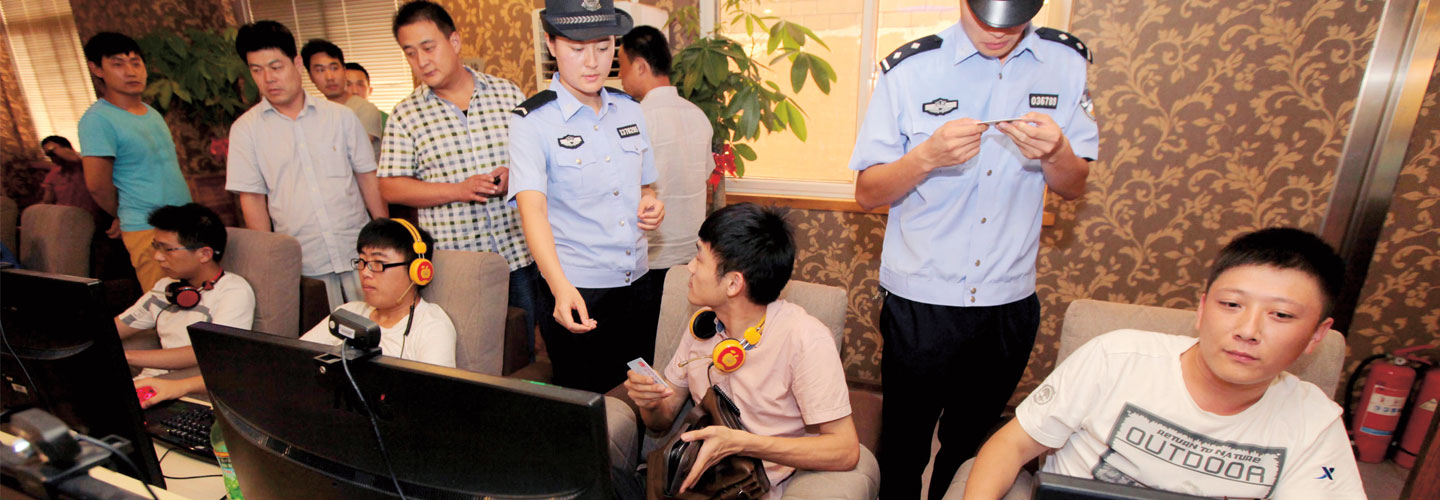The signs of an internet crackdown in China were unmistakable.
First, over the summer, Chinese authorities deleted foreign movies and TV shows, such as Saturday Night Live, from two popular video websites. Soon after, the messaging app WhatsApp was partly blocked by Chinese censors. Then, in November, the internet phone service Skype suddenly disappeared from download sites.
China, an
Over the past several months, however, China has expanded its online censorship. Experts say the government fears that too much unfiltered information could lead to challenges for China’s one-party Communist system.
“It does appear the crackdown is becoming more intense,” says Emily Parker, an expert on the internet in China. “But the internet is also more powerful than it’s ever been.”











